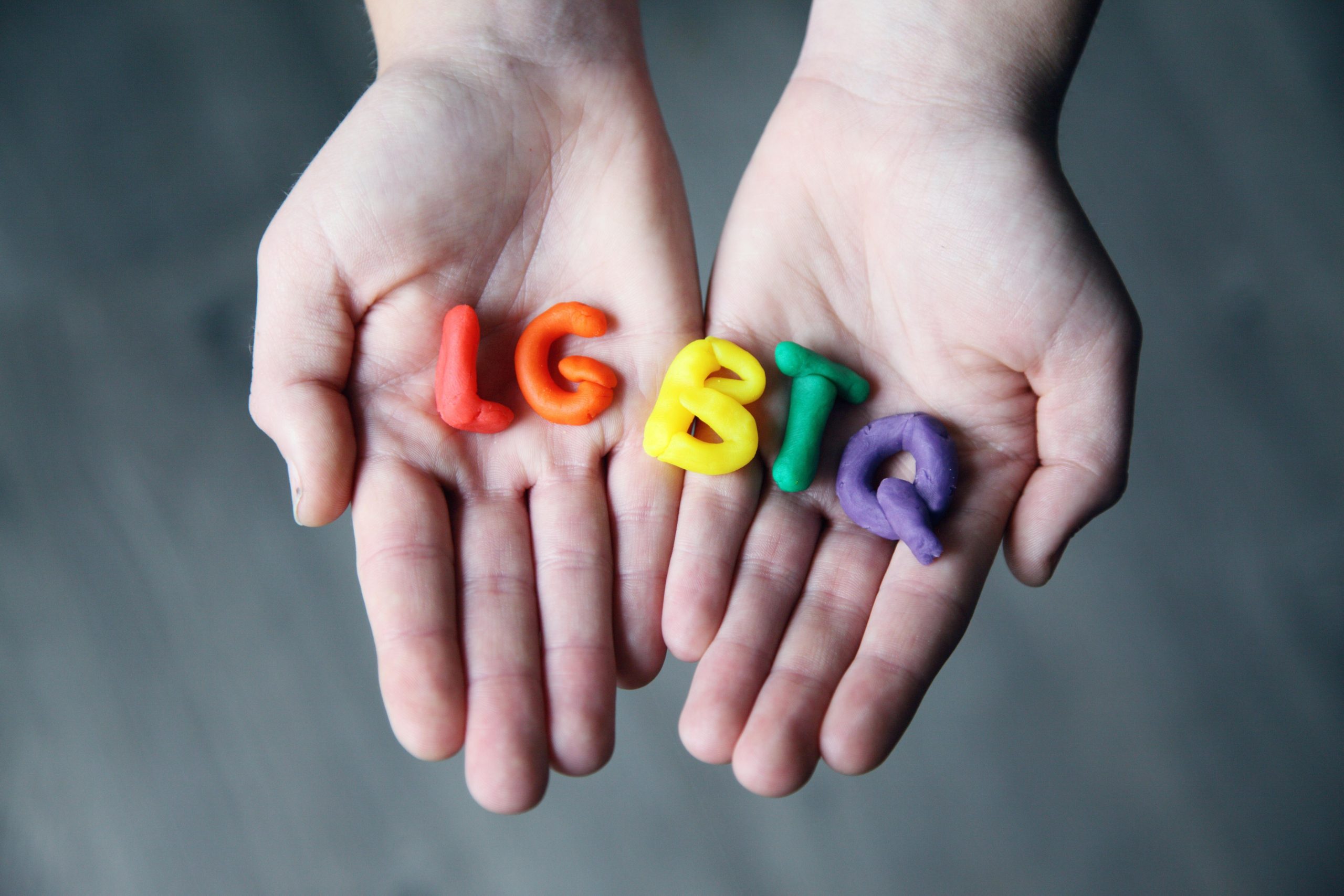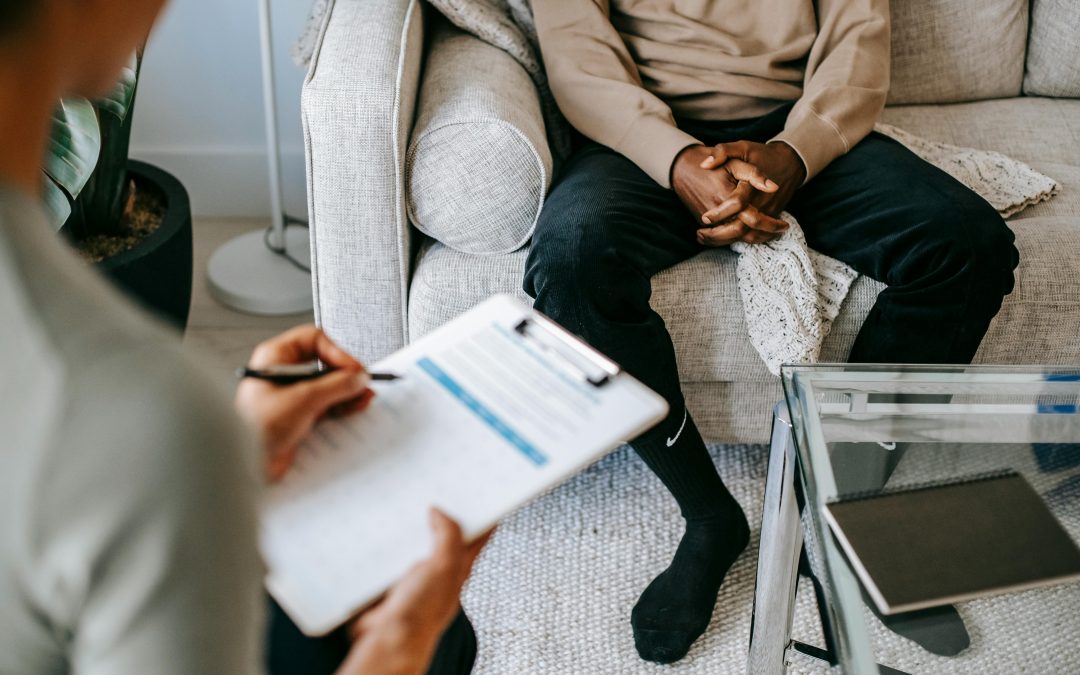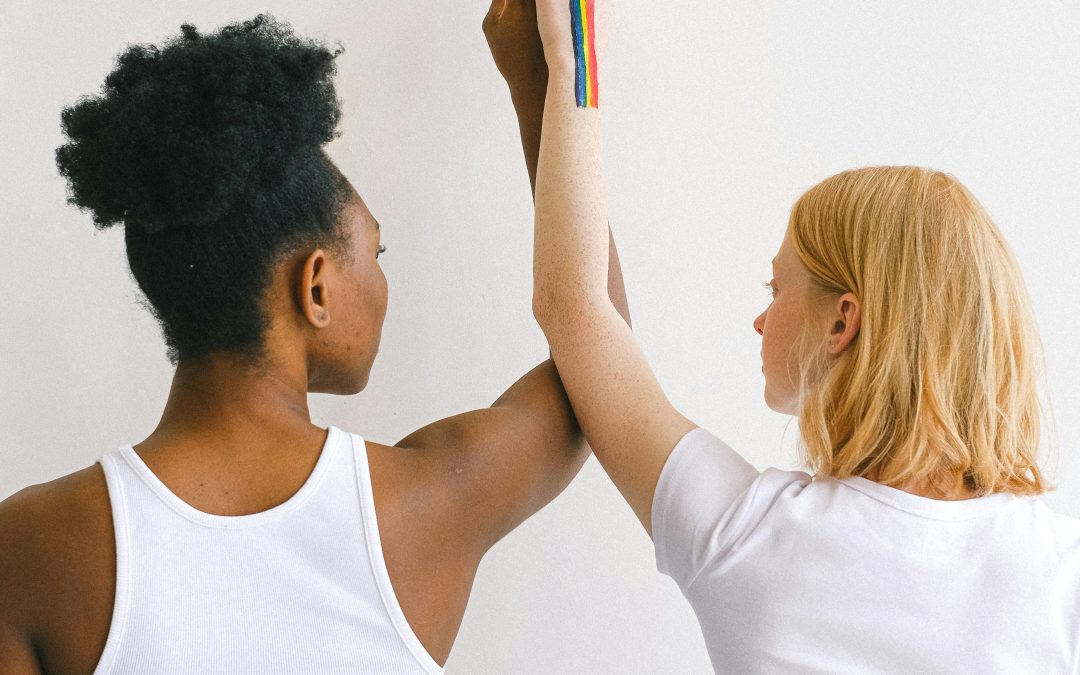In any relationship, navigating life’s ups and downs can be challenging, but for LGBTQ couples, the journey may come with a unique set of struggles. From external societal pressures to internal conflicts related to identity and acceptance, LGBTQ couples often face challenges that require specialised support. This is where LGBTQ couples therapy can make a significant difference. By providing a safe, understanding environment, this type of therapy offers the tools to build a stronger, healthier relationship.
Couples therapy tailored to LGBTQ individuals goes beyond traditional counselling methods. It acknowledges the unique experiences LGBTQ couples face and helps them work through specific issues that may be hard to address with mainstream approaches. If you and your partner are facing relationship struggles, LGBTQ couples therapy can guide you toward healing and growth, ultimately strengthening your bond.
What Is LGBTQ Couples Therapy?
LGBTQ couples therapy is a form of counselling that addresses the relationship dynamics and challenges experienced by individuals who identify as lesbian, gay, bisexual, transgender, queer, or non-binary. While many aspects of relationships are universal—such as communication, trust, and intimacy—LGBTQ relationships often involve additional stressors. These can range from dealing with external discrimination to navigating gender identity within the relationship.
A therapist specialising in LGBTQ couples therapy is trained to understand the specific needs and struggles of LGBTQ individuals. They provide a safe, non-judgmental space where couples can explore their concerns openly, without fear of misunderstanding or bias. This allows couples to address deeper emotional issues, work through conflicts, and strengthen their connection on a more intimate level.

These challenges are often complex and require thoughtful navigation. LGBTQ couples therapy provides a space where partners can address these issues with the guidance of an experienced therapist who understands the nuanced dynamics of LGBTQ relationships.
Common Relationship Challenges for LGBTQ Couples
While every relationship is unique, LGBTQ couples often encounter certain recurring issues. These can stem from societal pressures, internal identity conflicts, or difficulties in balancing individuality with partnership. Some of the common challenges include:
- Social Stigma and External Pressures: Discrimination, homophobia, or transphobia can take a toll on a relationship. Couples may find themselves dealing with judgment or rejection from family members, coworkers, or communities. These external forces can create stress, eroding the trust and intimacy in the relationship.
- Internalised Homophobia or Transphobia: Growing up in a world that often invalidates LGBTQ identities can lead to internalised negative beliefs about one’s own identity. This can create challenges in accepting oneself and, by extension, building a healthy relationship with a partner.
- Coming Out and Family Acceptance: In many cases, one or both partners may be in different stages of the coming-out process, which can lead to tension. Some couples also face rejection or strained relationships with their families, adding an extra layer of stress to the relationship.
Why LGBTQ-Specific Therapy Is Crucial
LGBTQ-specific therapy is essential because it addresses the unique stressors that LGBTQ couples face, which are often overlooked in traditional couples counseling. General couples therapy may not fully comprehend the nuances of LGBTQ identities and relationships. For instance, many LGBTQ individuals deal with deep-seated fears of rejection, discrimination, and societal expectations that heterosexual couples may not encounter.
Therapists who specialise in LGBTQ issues understand the importance of addressing these particular stressors. They bring an empathetic, knowledgeable approach, offering advice and solutions that are tailored specifically to LGBTQ couples. Whether the issue is related to identity, societal pressure, or navigating non-traditional family structures, LGBTQ-focused therapists provide support that fosters growth and healing.
Benefits of LGBTQ Couples Therapy
The benefits of LGBTQ couples therapy can be transformative for relationships. With the right guidance and a safe space to explore your relationship’s challenges, therapy can offer the following advantages:
- Improved Communication: One of the primary focuses of couples therapy is helping partners communicate more effectively. For LGBTQ couples, who may feel additional pressures or barriers, learning how to express needs and concerns openly is vital. Therapy helps create pathways for honest and compassionate conversations.
- Strengthened Emotional and Sexual Intimacy: Emotional and sexual intimacy are foundational aspects of any relationship. LGBTQ couples therapy creates a space where partners can explore and enhance both aspects, working through any emotional blocks or issues with physical intimacy.
- Conflict Resolution: Therapy provides tools to help couples navigate conflict without resorting to blame or withdrawal. LGBTQ couples face unique challenges, and therapy helps them understand the root causes of their disagreements and develop strategies to resolve them productively.
How LGBTQ Couples Therapy Differs from Mainstream Couples Therapy
One of the key differences between LGBTQ couples therapy and traditional couples therapy lies in the understanding and support of LGBTQ identities and relationship dynamics. While mainstream therapy often assumes a heteronormative structure, LGBTQ therapy acknowledges the wide variety of relationship models, from monogamous to polyamorous partnerships, and provides inclusive guidance based on the couple’s unique experiences.
In LGBTQ couples therapy, there is also a focus on validating the couple’s struggles in a world that may not always accept or understand their relationship. Therapists are trained to address the distinct needs of LGBTQ individuals, including trauma related to discrimination, internalised oppression, and the complexities of coming out. This allows for a more holistic and sensitive approach to resolving relationship issues, ensuring that both partners feel heard and supported.
By focusing on these unique dynamics, LGBTQ couples therapy helps partners feel more connected, validated, and confident in their relationship.
Role of Affirmative Therapy in LGBTQ Couples Counseling
Affirmative therapy plays a vital role in LGBTQ couples counselling. It is a therapeutic approach that actively acknowledges and embraces the identity of LGBTQ individuals, creating a validating and supportive environment. This contrasts with traditional therapy, which may not always recognise or understand the unique stressors LGBTQ couples face.
In affirmative therapy, the therapist’s goal is to help the couple thrive in their relationship while supporting their individual identities. Rather than seeing LGBTQ identity as a problem to be solved, affirmative therapy celebrates diversity, encouraging couples to navigate challenges together with confidence and mutual respect. This inclusive, positive approach fosters deeper emotional connections, helping couples grow stronger through acceptance and affirmation.
Navigating External Pressures in LGBTQ Relationships
External pressures—whether from family, society, or legal structures—can place considerable strain on LGBTQ relationships. Discrimination, homophobia, and transphobia can affect couples’ mental health and the overall dynamic of the relationship. Facing societal stigma can create feelings of isolation, stress, and insecurity, leading to conflict or emotional distance between partners.
LGBTQ couples therapy helps couples navigate these external pressures by equipping them with tools to manage stress and build resilience. Through therapy, couples learn to strengthen their bond against outside influences, creating a protective shield around their relationship. A skilled therapist can help partners develop strategies to cope with societal challenges, find solidarity with each other, and maintain emotional well-being, even in the face of discrimination.
Strengthening Emotional Intimacy Through Therapy
Emotional intimacy is the cornerstone of any strong relationship, but building and maintaining it can be especially challenging when external stressors or internal conflicts exist. LGBTQ couples therapy offers a safe space for partners to express vulnerabilities, fears, and desires, helping them reconnect on an emotional level.
Therapists use techniques such as guided conversations, active listening exercises, and emotional vulnerability exercises to help partners deepen their connection. These practices enable couples to develop trust, empathy, and a deeper understanding of each other’s emotional world. By fostering emotional intimacy, LGBTQ couples therapy creates the foundation for a stronger, more resilient relationship.
Working Through Sexual Intimacy Issues in LGBTQ Relationships
Sexual intimacy issues are common in any relationship, but LGBTQ couples may face unique challenges. Factors such as body dysphoria, mismatched sexual desires, or the impact of past trauma can affect sexual connection. LGBTQ couples therapy provides a safe, judgment-free space for partners to explore these issues and find solutions that work for them.
Therapists experienced in LGBTQ relationships can help partners understand their sexual needs and navigate complex feelings related to gender identity, sexual orientation, or physical intimacy. Through open and honest dialogue, couples can discover ways to build a fulfilling sexual relationship that honors both partners’ boundaries and desires.
Conflict Resolution Strategies for LGBTQ Couples
Conflicts are inevitable in any relationship, but how couples manage them can determine the health and longevity of their partnership. LGBTQ couples therapy provides practical tools for resolving conflicts in a way that promotes understanding and connection rather than division.
Therapists help couples identify unhealthy communication patterns, such as avoidance or blame, and replace them with productive strategies like active listening, empathy, and compromise. Additionally, LGBTQ couples therapy addresses conflicts that may arise from external factors such as family rejection or societal pressures, offering tailored approaches for resolving these specific challenges. By learning effective conflict resolution skills, couples can strengthen their relationship and move forward with greater harmony.
Building Resilience and Strengthening Commitment
Resilience is crucial for any couple, but particularly for LGBTQ couples who may face unique obstacles in their relationship. Through therapy, partners can learn to build resilience together by developing coping mechanisms for external pressures and improving their ability to support one another during difficult times.
Therapy helps couples focus on their shared values and goals, strengthening their commitment to each other and creating a strong foundation for the future. Whether it’s building trust, deepening emotional intimacy, or overcoming societal challenges, LGBTQ couples therapy encourages partners to invest in their relationship, cultivating a lasting connection.
Finding the Right LGBTQ Couples Therapist
Choosing the right therapist is an important step in the journey toward a healthier relationship. Not all therapists are equipped to address the specific needs of LGBTQ couples, so it’s essential to find one with experience and training in LGBTQ issues.
When selecting a therapist, look for someone who is affirming of LGBTQ identities and has experience working with couples facing similar challenges. Ask potential therapists about their background with LGBTQ clients, their therapeutic approach, and how they create a safe, inclusive space for their clients. A qualified therapist will not only understand your unique struggles but will also offer tailored strategies for relationship growth.
How LGBTQ Couples Therapy Supports Mental Health
Healthy relationships are linked to better mental health, and LGBTQ couples therapy supports both. When a couple’s relationship improves, both partners are likely to experience reductions in anxiety, depression, and other mental health challenges. Therapy helps couples understand how their individual mental health affects their relationship and provides strategies to manage stress, trauma, and emotional health within the context of their partnership.
LGBTQ couples therapy also provides a space to process past trauma related to discrimination, coming out, or rejection, helping both partners heal and move forward. By improving both the relationship and individual mental well-being, LGBTQ couples therapy contributes to a more fulfilling, emotionally healthy life for both partners.

Meet Sarah!
Driven by a love of human connection and natural curiosity in the human experience, Sarah provides a sympathetic environment for couples looking for help as well as for single people.
Rooted in a trauma-informed, person-centred approach, her individual sessions reflect Sarah’s belief in gently guiding people on a path of inquiry. She underlines that real healing and development thrive when one feels safe both inside and in relationships.
Working with people who suffer with anxiety, difficult life changes, loss and bereavement, and problems in their personal relationships excites her. She also helps couples want to deepen their relationship and negotiate issues in better ways. Whether in individual or couples therapy, Sarah’s main objective is to clarify your experiences and provide you the tools required for good changes in your life.
Read More
No Results Found
The page you requested could not be found. Try refining your search, or use the navigation above to locate the post.

Why all men need therapy
Breaking the Taboo: The Importance of Therapy for Men In our society, men are often taught to suppress their emotions, leading to a stigma around the pursuit of mental health support. This journal post delves into why therapy is crucial for men, especially those who...
